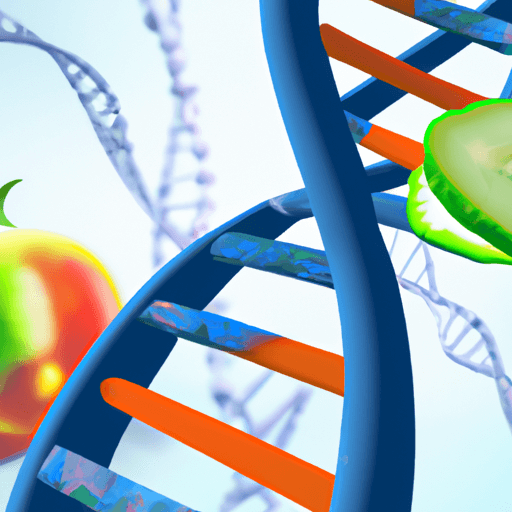The World of Genetically Modified Organisms (GMOs): Transformative yet Controversial
Science has been at the forefront of improving human life, and a particular aspect of this march of progress is the use of genetically modified organisms (GMOs). This piece seeks to explore this controversial yet transformative aspect, offering an objective take on what GMOs truly are, why they're created and adapted, and how the modifications can impact our health and environment.
What Are GMOs?
GMOs are organisms (animals, plants, bacteria, etc.) whose genetic material has been manipulated in a laboratory through genetic engineering. This leads to the creation of combinations of plant, animal, bacterial, and viral genes that do not occur in nature or through traditional crossbreeding methods.
Creation and Adaptation of GMOs
Scientists resort to genetic modification to enhance the characteristics of different organisms. This could mean making crops more drought-resistant, creating vegetables with a higher nutritional content, or engineering fish to grow faster. The motive behind such modification revolves around considerations such as yield improvement, nutrient enhancement, or disease resistance.
Impact on Health and Environment
The use of GMOs brings a lot into play. They hold transformative potential for our environment and health, but they also raise substantial controversy and concerns.
The Benefits
GMOs can have several advantages. Foremost, they can significantly contribute to solving world hunger. Thanks to genetic modification, crops can be engineered to grow in regions with adverse climate conditions, ensuring food security. Furthermore, they can be enhanced to contain vitamins and minerals that are normally scarce in certain diets. Notably, GMOs can also be more resilient and increase farming yield, making farming more efficient and sustainable.
The Concerns
Amidst these numerous benefits, GMOs have also drawn criticism. There is concern about their potential impact on human health, with some suggesting a possible link to allergies, antibiotic resistance, and even cancer. However, these links are yet to be definitively proven. Similarly, ecological worries revolve around potential threats to biodiversity and the creation of pesticide-resistant superweeds, disrupting nature’s balance.
A Careful Balancing Act
Scientific evidence to date largely supports the safety and benefits of GMOs, but this does not erase the concerns of critics. As a result, the GMO debate implies a delicate balancing act. On one hand, it's a promising approach to boost food security, nutritional content, and agricultural yield. On the other hand, there's the ethical question about 'tampering' with nature and potential unanticipated health and environmental risks.
Concluding Thoughts
While GMOs have the potential for significant benefits, the debate around their use reflects the complexities of modern science at the interface with society. Only through ongoing research, and by addressing the fears and concerns of critics, we can ensure GMOs can be used to their full potential without causing harm to us or the environment.

















Comments
Leave a Comment